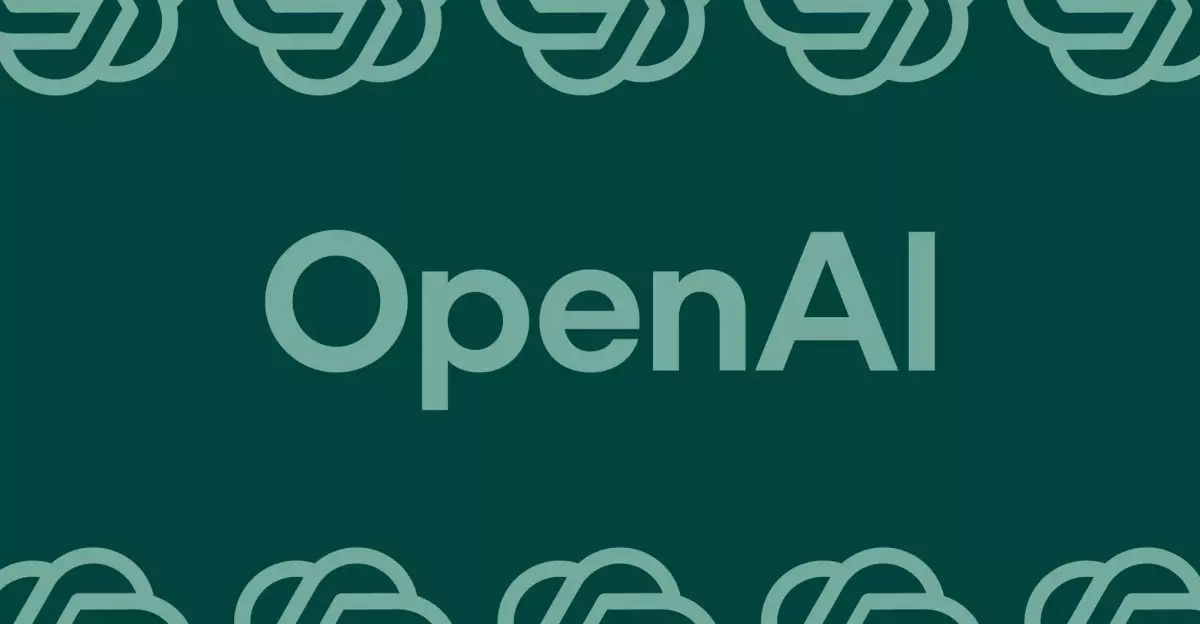In a sector where innovation is the heartbeat, OpenAI is once again steering the ship with its latest offering, the Responses API. This advanced toolset not only enhances how developers build AI applications but fundamentally alters the interaction landscape between users, developers, and AI systems. With features like web searching, file navigation, and seamless task execution on computers, the Responses API signals a pronounced shift toward creating more responsive and intelligent AI agents.
The Responses API’s architecture is deceptively simple yet robust, allowing developers to construct agents tailored to specific use cases. This capability is akin to giving developers a versatile toolbox, where each tool can be customized to fit the contours of various industries—be it customer support, legal representation, or data analysis. Olivier Godement, OpenAI’s head of product, illuminates this vision: the foundation of AI agents can be expanded to meet the diverse demands of a rapidly evolving market. This perspective is encouraging, given how complex and varied user needs can be.
Harnessing the Power of Real-Time Information
Perhaps one of the standout features of the Responses API is its built-in web search, based on the same algorithms that power ChatGPT. In today’s fast-paced information economy, accessing real-time data is crucial for maintaining relevance and accuracy. This tool allows developers to pull information from the internet and provide citations—fostering a new era of transparency in AI-generated responses. For example, consumer trust can be significantly bolstered when users see the sources behind the responses, rather than wondering about their origins.
The implications of such real-time access are vast. Businesses can utilize the API to enhance their customer service operations, allowing AI representatives to respond with up-to-date information during inquiries. This not only heightens customer satisfaction but also positions organizations to outshine competitors who may still rely on outdated or static information pools.
Empowering Developers with Advanced Functionality
OpenAI’s Responses API affords developers not just individual functionalities, but a robust framework for orchestrating complex AI tasks. With the introduction of the Agents SDK, developers can weave together multiple atomic units—each representing a specific task or feature—to accomplish more intricate objectives. This orchestration capability addresses the prevalent challenge of managing disparate AI tasks and channels them towards a singular goal, ultimately increasing efficiency.
Nikunj Handa, a product manager at OpenAI, aptly describes this synergy: the ability to integrate various functionalities simplifies the development process, allowing for the creation of more sophisticated and capable AI systems. Given the insecurity many developers feel about launching fully-fledged AI applications, this type of support is invaluable, as it reduces the overhead associated with coordination and task management.
A Stepping Stone Towards Future Innovation
The Responses API marks a pivotal step for OpenAI as it prepares to phase out its previous Assistants API in favor of this more robust alternative in mid-2026. This decision stems from a commitment to harness feedback from developers and improve upon existing models, ensuring that the new API addresses shortcomings of its predecessor. Such iterative development signifies OpenAI’s dedication to progress, listening to the developer community, and adapting to meet their needs.
Looking ahead, the rapid evolution of AI technologies presents an exciting yet daunting prospect for developers. OpenAI’s forward-thinking attitude, evidenced by this API release, provides a clear blueprint for how developers can navigate the intricate waters of AI advancement. By positioning the Responses API as a crucial component within the broader ecosystem of tools, OpenAI empowers developers not merely to keep pace with technological advances but to lead the charge in devising innovative applications that can disrupt traditional industries.
As AI agents become more sophisticated, the responsibility placed on developers to create ethical, transparent, and reliable systems also deepens. The Responses API, with its emphasis on real-time information and orchestrated functionalities, can serve as a bastion of integrity in AI deployment, promoting user trust and enhancing overall user experience. In a world increasingly driven by artificial intelligence, OpenAI’s new API framework isn’t just about enhancing productivity; it’s about reshaping how we interact with technology, pushing boundaries and daring developers to imagine new possibilities.

